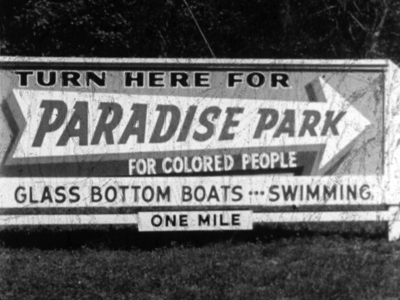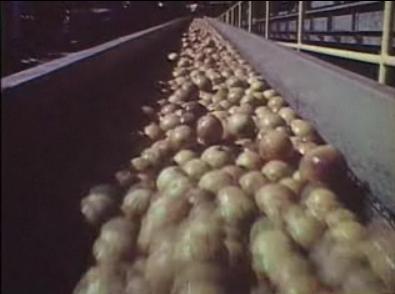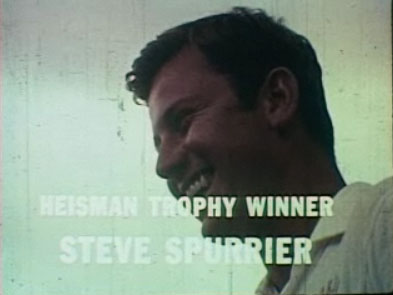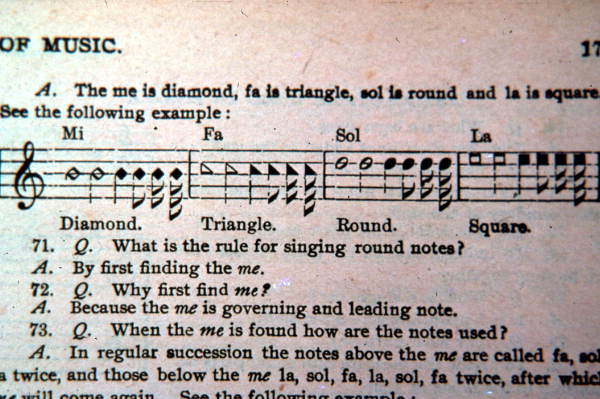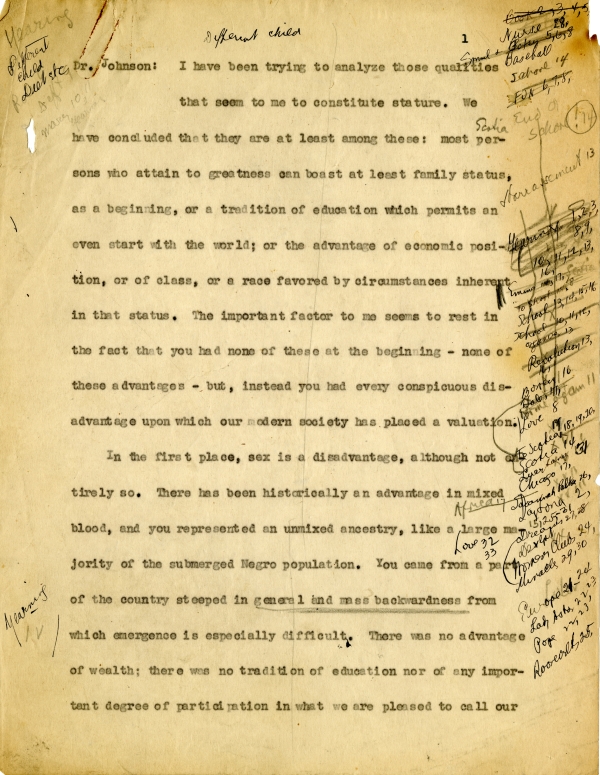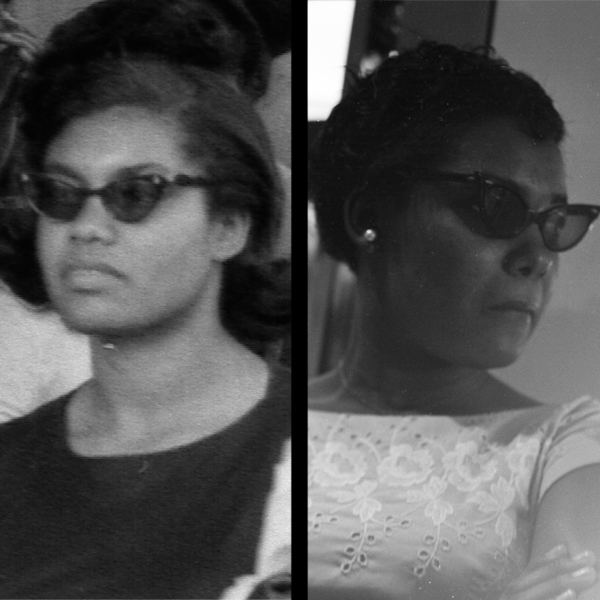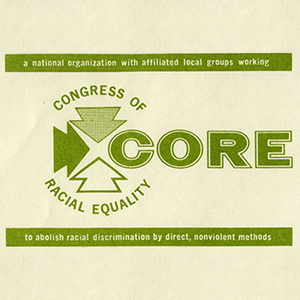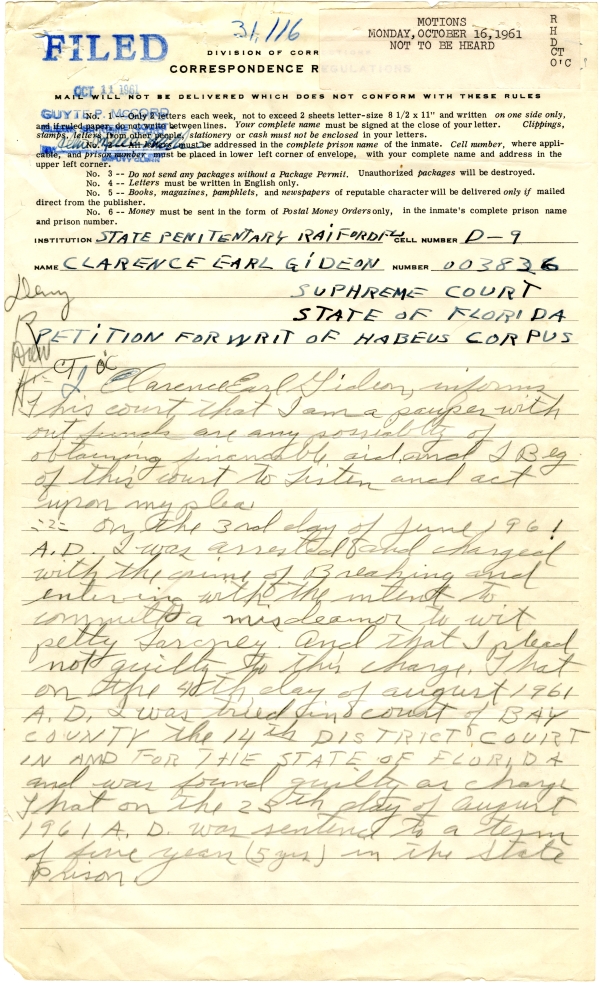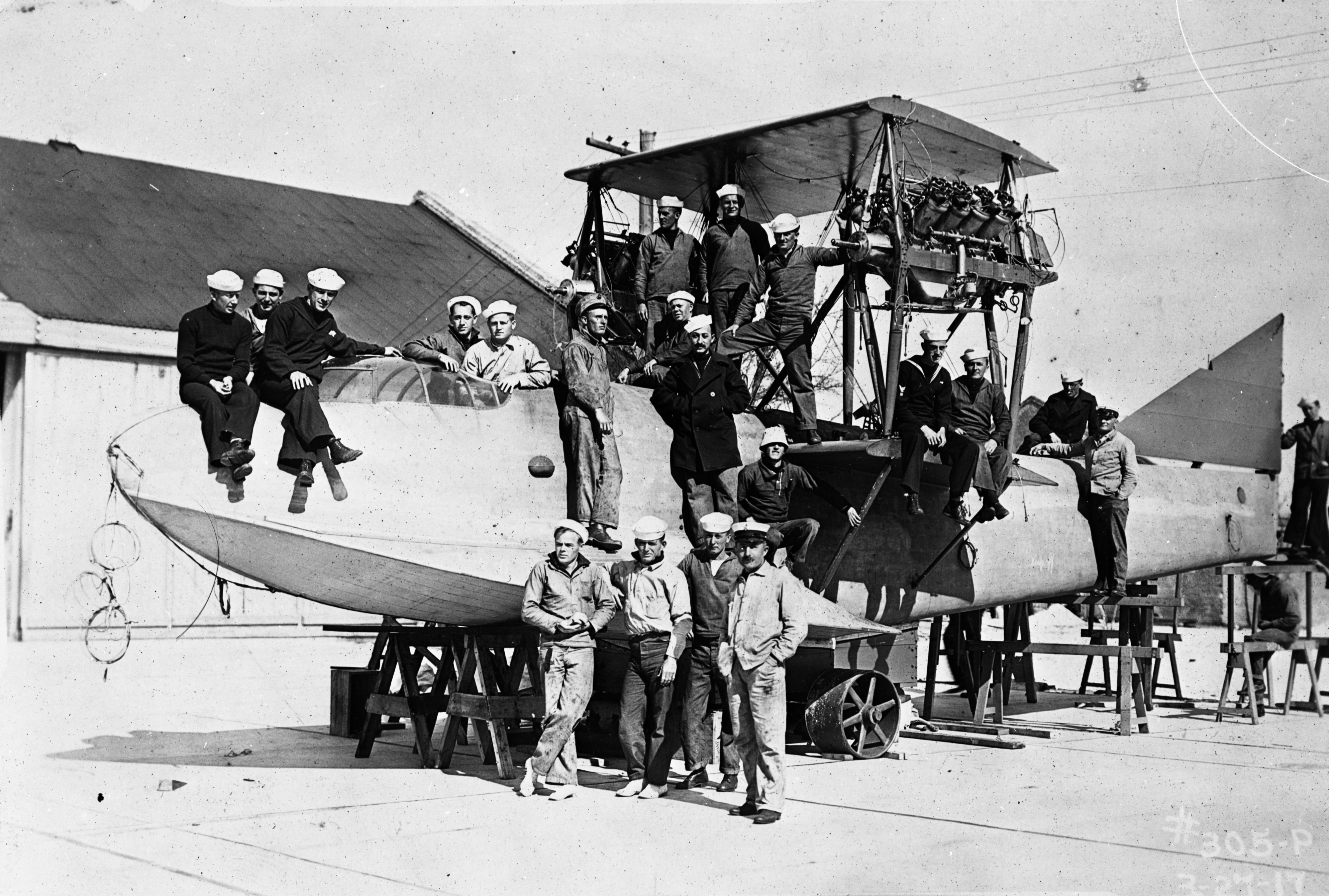Florida History Day
Florida History Day

Resources for Florida History Day 2021
Florida History Day is an annual statewide activity sponsored by the Museum of Florida History. A Florida History Day entry can address any person, event or idea from any time or place in history, but it must relate to the 2021 National History Day theme Communication in History: The Key to Understanding.
How do people exchange information and interact with each other? Major inventions such as the telephone, radio, television and internet are examples of how communication has changed over time. Communication is also about how words, thoughts and ideas are exchanged throughout history.
The following selection of archival resources addresses several topics in Florida. Once you have a topic in mind, search Florida Memory for additional digitized resources.
History of Advertising
Selling Florida Tourism: Sunshine, Beaches and Mermaids
Video, Care and Feeding of a Mermaid, 1961
This film shows how a young woman learns to be a mermaid at Weeki Wachee Springs. Viewers see lessons in breath control, synchronized swimming, diet, modeling, announcing and how to eat and drink underwater.
Video, Paradise Park, ca. 1950
Paradise Park in Ocala opened on May 20, 1949. Located along the Silver River about one mile from Silver Springs, Paradise Park was a segregated tourist attraction opened by the owners of Silver Springs. Like almost all springs and beaches in the state at the time, Silver Springs prohibited African American tourists from visiting the park. Paradise Park offered visitors glass-bottom boat rides, campgrounds, a gift shop, a concession stand, the Ross Allen Reptile Institute exhibit and other activities. The park remained open until 1969.
Florida Orange Juice: Selling Liquid Sunshine
Video, Bottled Sunshine... A Juicy Story, 1968
Learn about Florida citrus cultivation at the Tropicana orange juice processing plant in Bradenton. The video includes footage of the Tropicana glass plant and train, "the only regularly scheduled unit train in food industry history," featuring a mile of refrigerated box cars. The film was produced by Hack Swain Productions and sponsored by Tropicana Products.
Video, Design for Winning, ca. 1970
Steve Spurrier, Heisman Trophy winner and University of Florida football star, describes various techniques for playing football. This leads to a pitch for orange juice at the training table. The film was produced by Barton of Jacksonville and sponsored by the Florida Department of Citrus.
Cultural History
Zora Neale Hurston and the WPA
Zora Neale Hurston was a novelist, anthropologist and folklorist who spent years documenting African American culture in the South. In the mid-1930s, she took a job with the Works Progress Administration (WPA) recording African American folktales and songs in Florida.
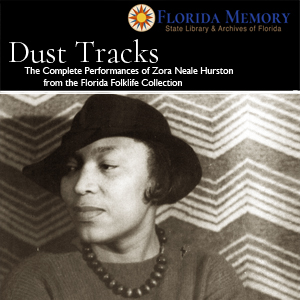
Audio, Dust Tracks: The Complete Performances of Zora Neale Hurston from the Florida Folklife Collection
The 21 tracks on this playlist were recorded while Zora Neale Hurston was employed by the WPA and range from railroad work songs to Bahamian children's songs. These tracks represent the complete recorded performances of Hurston held by the State Archives of Florida.
Singing to God: Shape Note and Sacred Harp
Triangle, circle, square and diamond – these four simple shapes were used to teach people to sing throughout the United States during the 19th century.
Learning Unit, Shape Note Singing in Florida
This educational unit provides photographs, audio recordings and documents from the Florida Folklife Collection that demonstrate the place shape note singing has held in the cultural life of Floridians since the 1800s.
Civil Rights History
Mary McLeod Bethune: Communicating a Vision
Mary McLeod Bethune was an educator, civic leader and civil rights activist.
Selected Documents, Mary McLeod Bethune Interview Transcript, ca. 1939
An interview between Dr. Charles Spurgeon Johnson and Mary McLeod Bethune discussing Bethune's childhood, her family, her education, her travels, meeting her husband and her experience starting Daytona Literary and Industrial School for Training Negro Girls in Daytona Beach.
Patricia and Priscilla Stephens: Letters in Jail
Using tactics they learned at a Congress of Racial Equality (CORE) workshop in Miami, sisters Patricia and Priscilla Stephens organized a sit-in at the Woolworth's lunch counter in Tallahassee on February 13, 1960, and a second sit-in at the same lunch counter a week later, leading to the arrest of the sisters and a group of other students. Rather than pay their fines, these eight students opted for jail time, effectively launching the first student "jail-in" of the civil rights movement.
Collections, Stephens Sisters Jail-In Papers, 1960
This selection of correspondence from the Patricia Stephens Due Papers documents the historic 49-day "jail-in" at the Leon County Jail in the spring of 1960 by eight students: sisters Patricia and Priscilla Stephens, Henry Steele, Angela Nance, William Larkins, Clement Carney and siblings Barbara and John Broxton.
Primary Source Sets, Patricia and Priscilla Stephens and the Congress of Racial Equality (CORE)
The Congress of Racial Equality (CORE) was a civil rights organization that practiced non-violent direct action. This primary source set includes archival records and photographs documenting the history of the Tallahassee chapter of CORE, which was founded by sisters Patricia and Priscilla Stephens in late 1959.
Constitutional and Legal History
Gideon v. Wainwright: Petitioning for Representation
In the landmark case of Gideon v. Wainwright, the United States Supreme Court confirmed the right of the individual to counsel, even in cases not involving capital offenses. U.S. Attorney General and Senator Robert Kennedy described the case as having changed the course of American legal history.
Selected Documents, Petition for Writ of Habeas Corpus by Clarence Earl Gideon, 1961
Petition for a writ of habeas corpus written by Clarence Earl Gideon to the Florida Supreme Court while he was serving a five-year sentence at Raiford Prison in Bradford County, Florida.

 Listen: The Gospel Program
Listen: The Gospel Program
